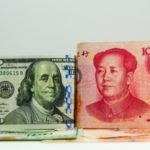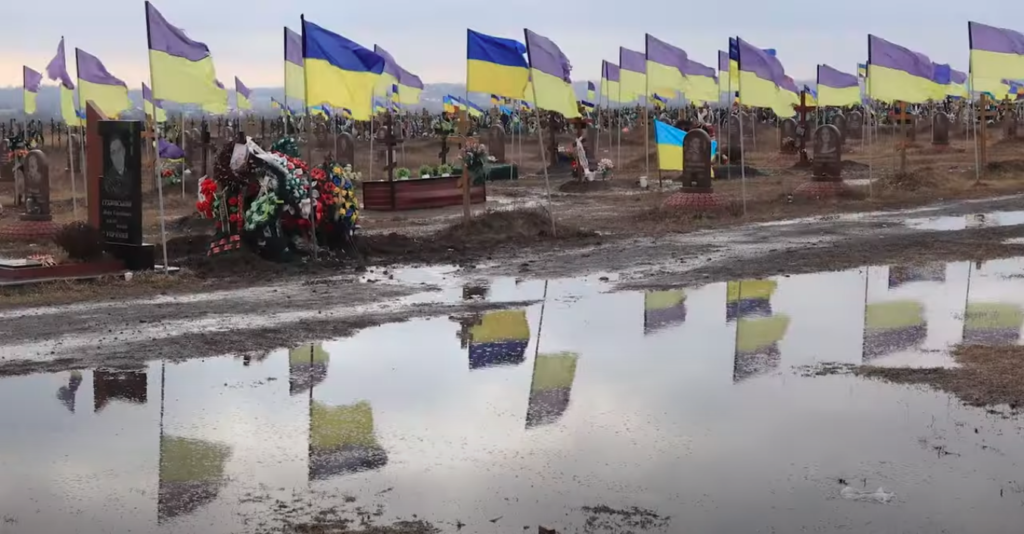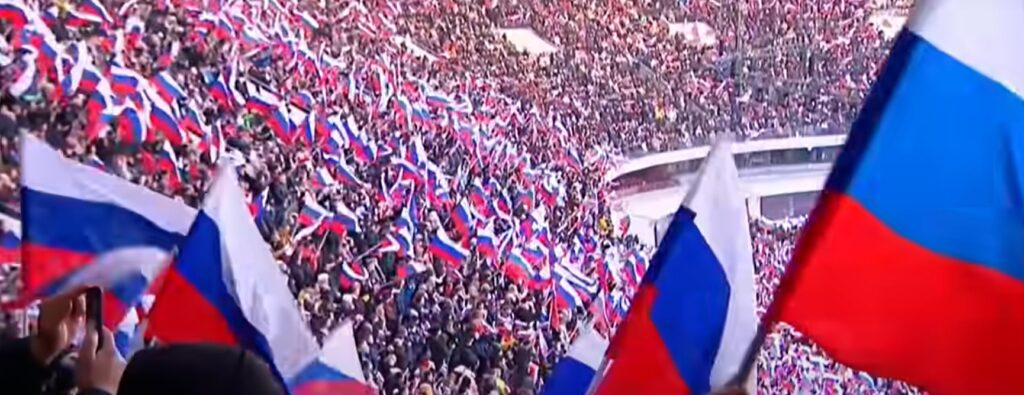Train travel in Italy has never been so easy and affordable these days for migrants. All you need to do is to simply board the train. Chances that someone will approach you politely asking for a ticket are next to nil. If, however, especially on long distance trains such as Freccia, a conductor eventually finds you without a ticket, all he can do is, again, very politely, ask you to get off the train at the nearest station. The only result is that you continue your journey, getting on the next train. And then, if you don’t agree with such a request because your travel plans cannot be bothered by lack of a valid ticket, you can always rely on the presence of some foot soldier of Soros’s Army, ready to lend a hand or give friendly advice to an alien culprit.
This is what happened not long ago exactly on a Frecciabianca, a high-speed regional train rolling along the Tuscan coast. A loud altercation was overheard by the passengers as a sub-Saharan woman was being addressed with – allegedly – harsh words by a train cleaner who had something to say about the fact that she was without a ticket. It was the African woman’s lucky day though, as one of the passengers who witnessed the commotion was Lorenzo Tosa, a blogger and former candidate in the May EU elections put up by Soros-financed Più Europa. Tosa rushed to the scene, ready to help the African woman confronting the train cleaner, described by Tosa as “an Italian in his forties, badly dressed, wearing thick frame glasses.” In short, someone mentally retarded who dared to approach “a splendid African girl in her 20’s who was in evident distress due to the man’s behavior.” At that point of the event Tosa felt entitled to step into the discussion and demanded – actually forced – the train cleaner to apologize.
Afterwards he felt compelled to inform the reader in a lyrical style how close “with every muscle, every nerve of his body” he sympathized with the African woman. Talk about empathy of the highest degree! Why haven’t our emphatic blogger paid for her ticket as a gesture of solidarity? Why shouldn’t his empathy be directed towards all human beings? How about some empathy towards the train cleaner, whose lack of education, or lack of skills, or lack of connections, forced him to clean train toilets for six or seven euros per hour? We wonder if Tosa ever had to accept such a low level menial job. Perhaps he wouldn’t have frothed at the mouth with disdain, or disgust, towards this man whom he portrays as a worthless human being.
Again, how about some empathy towards train conductors being attacked and beaten on a daily basis by Africans whom they – always politely – lest they be charged with racially aggravated harassment – ask for a ticket? If you read the sanitized, politically correct Italian news, you would be forced to think that Italians all of sudden are becoming increasingly allergic to tickets, as the reports do not reveal the nationality of the aggressors. Tosa is too busy sympathizing with ticketless Africans, rather than with his fellow citizens making an honest living.
Continue reading →




















